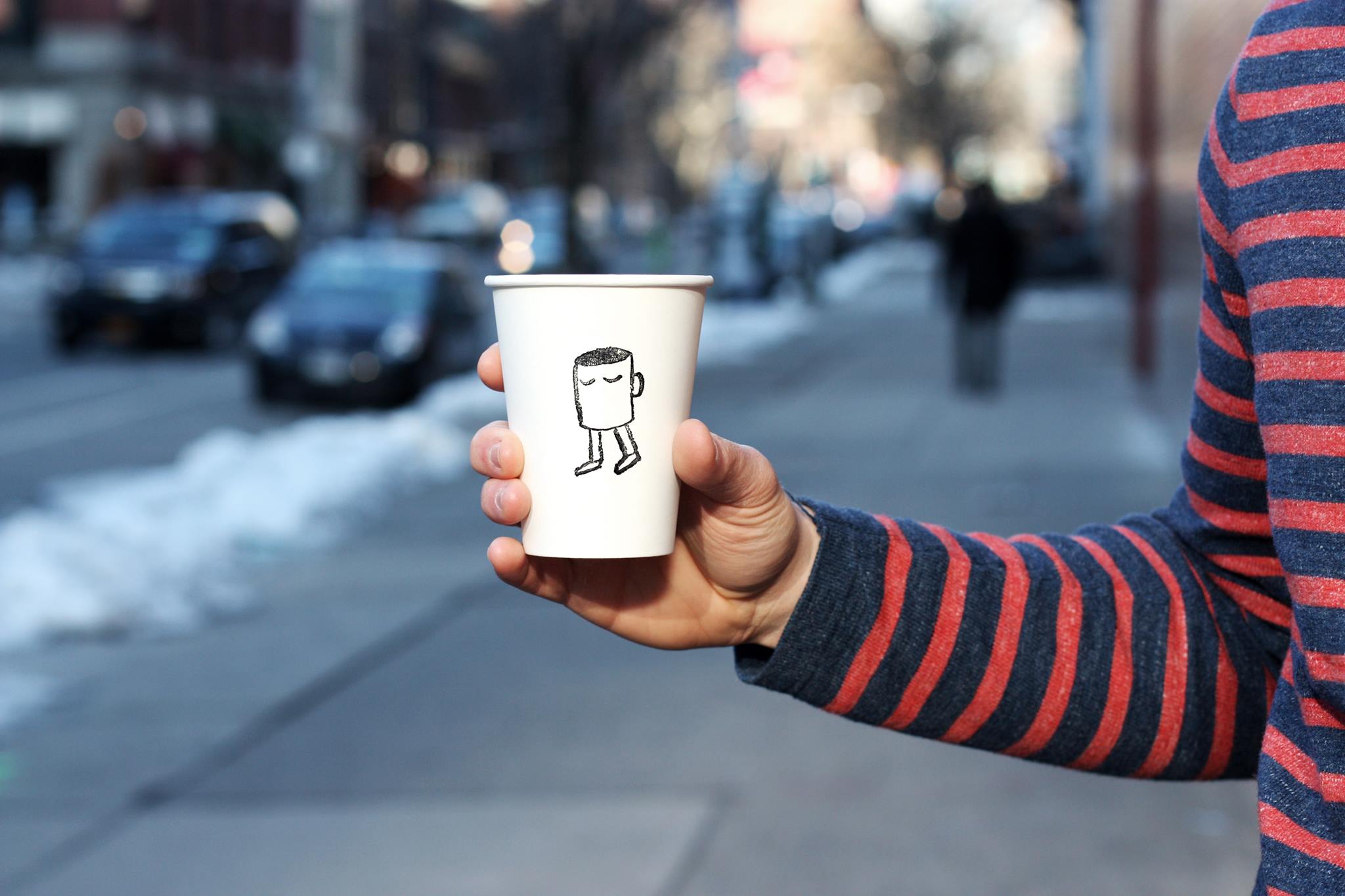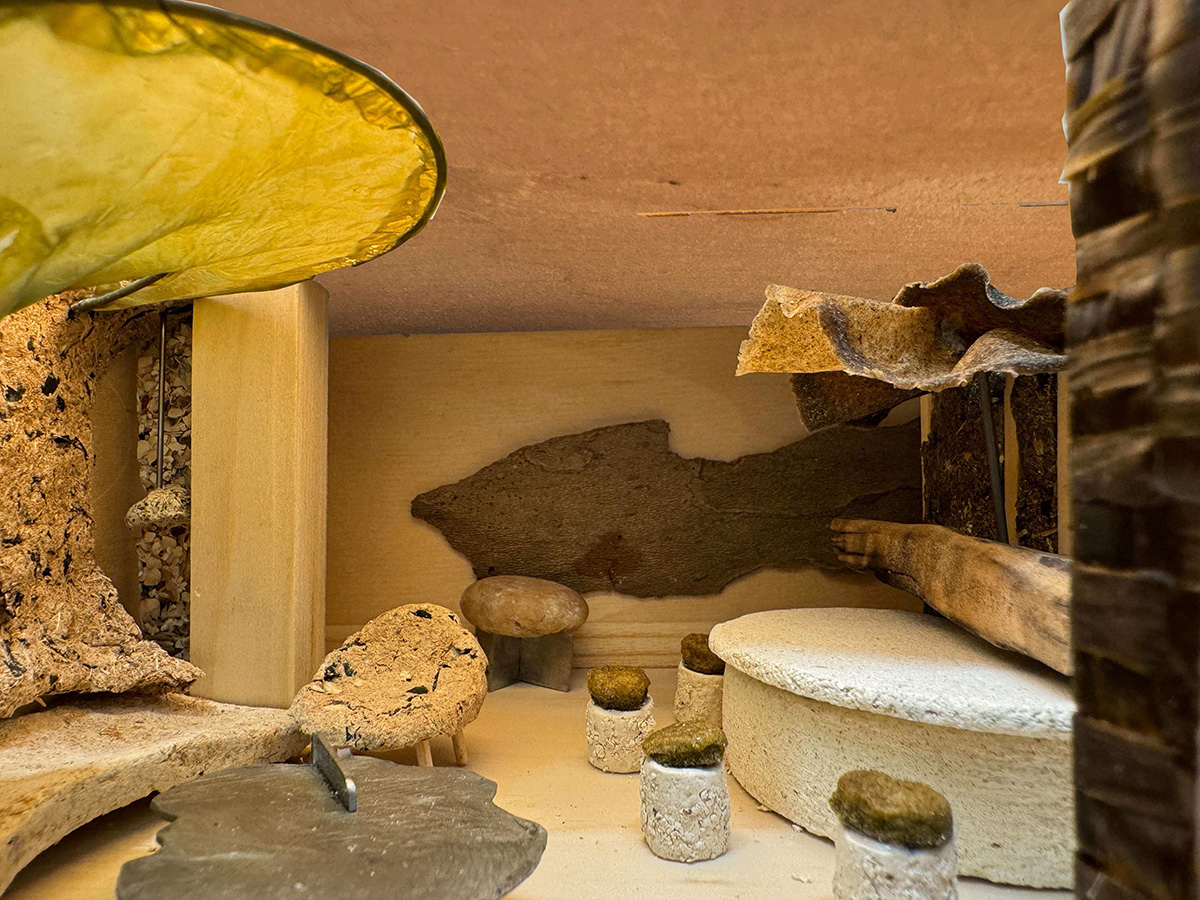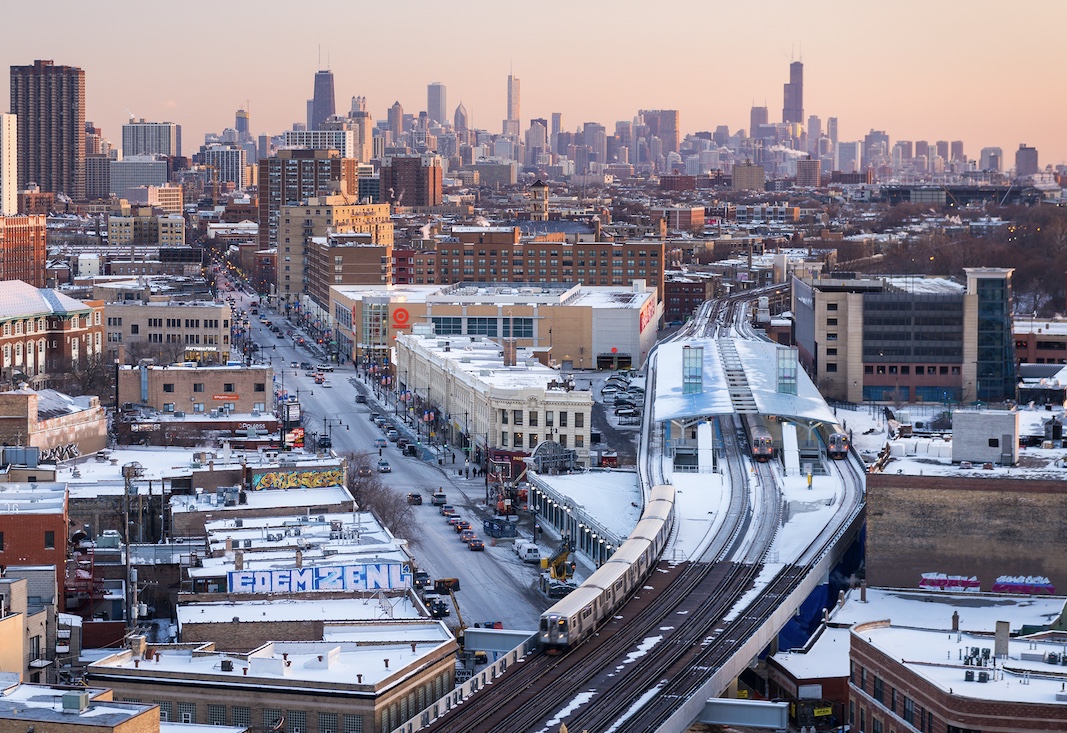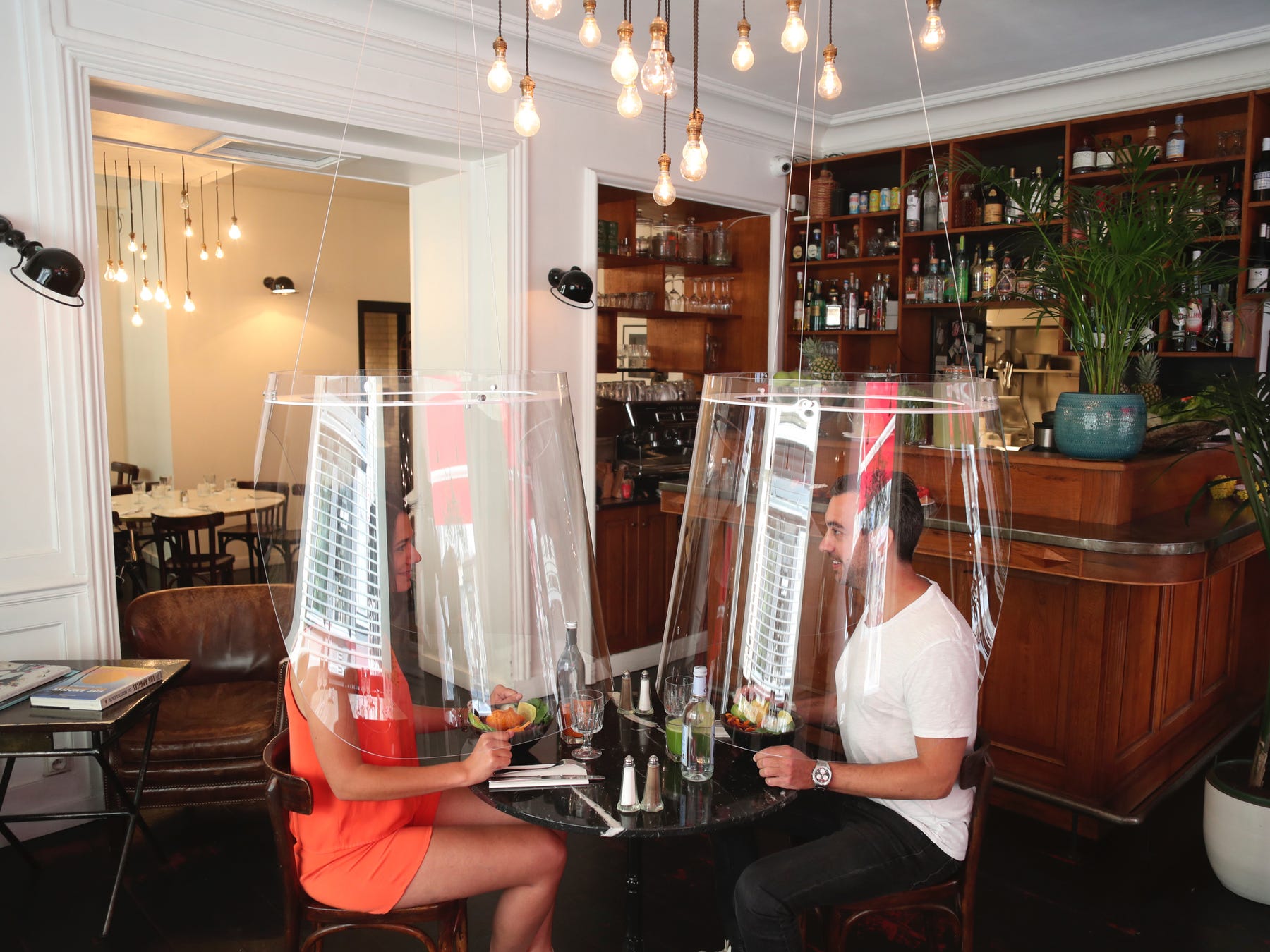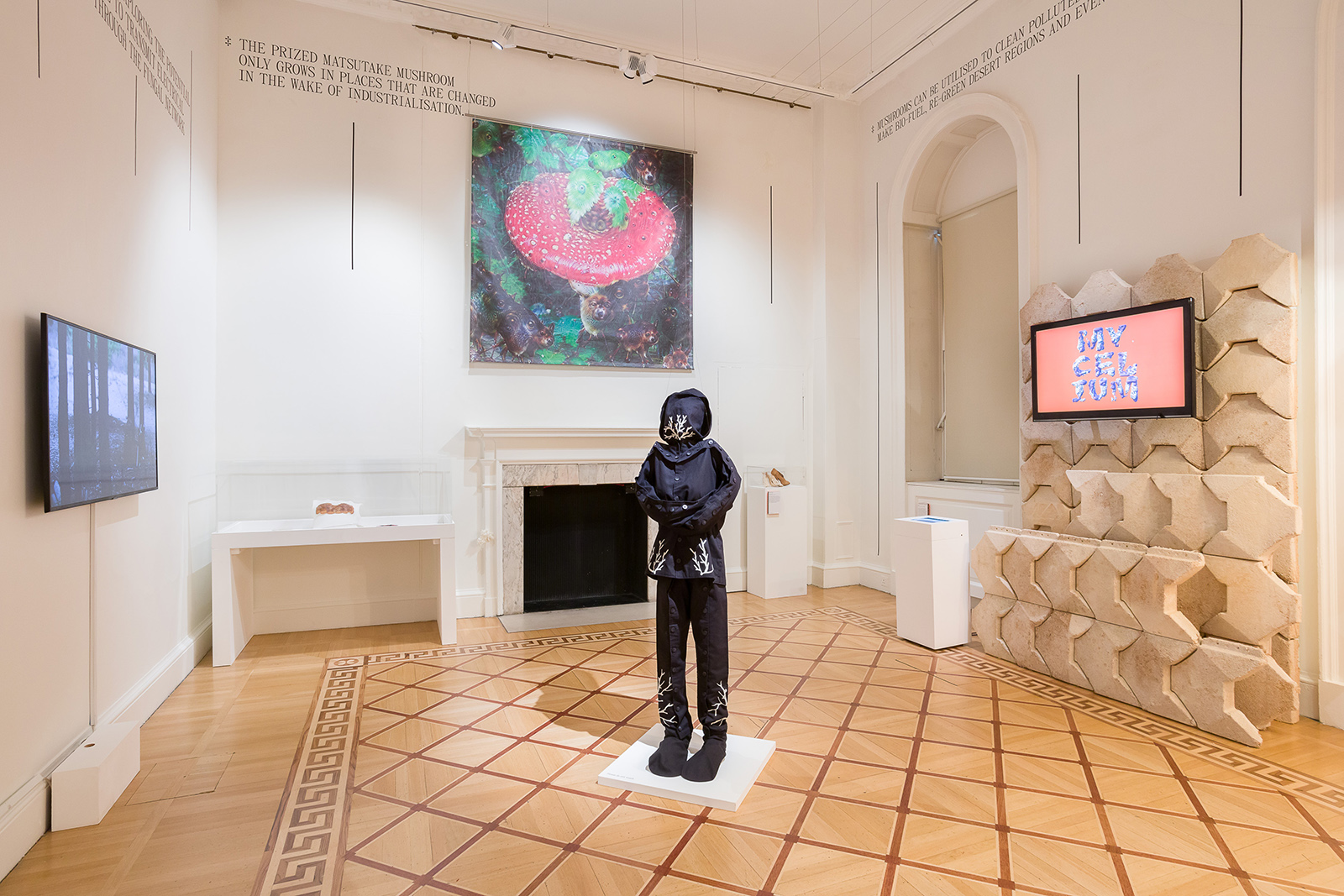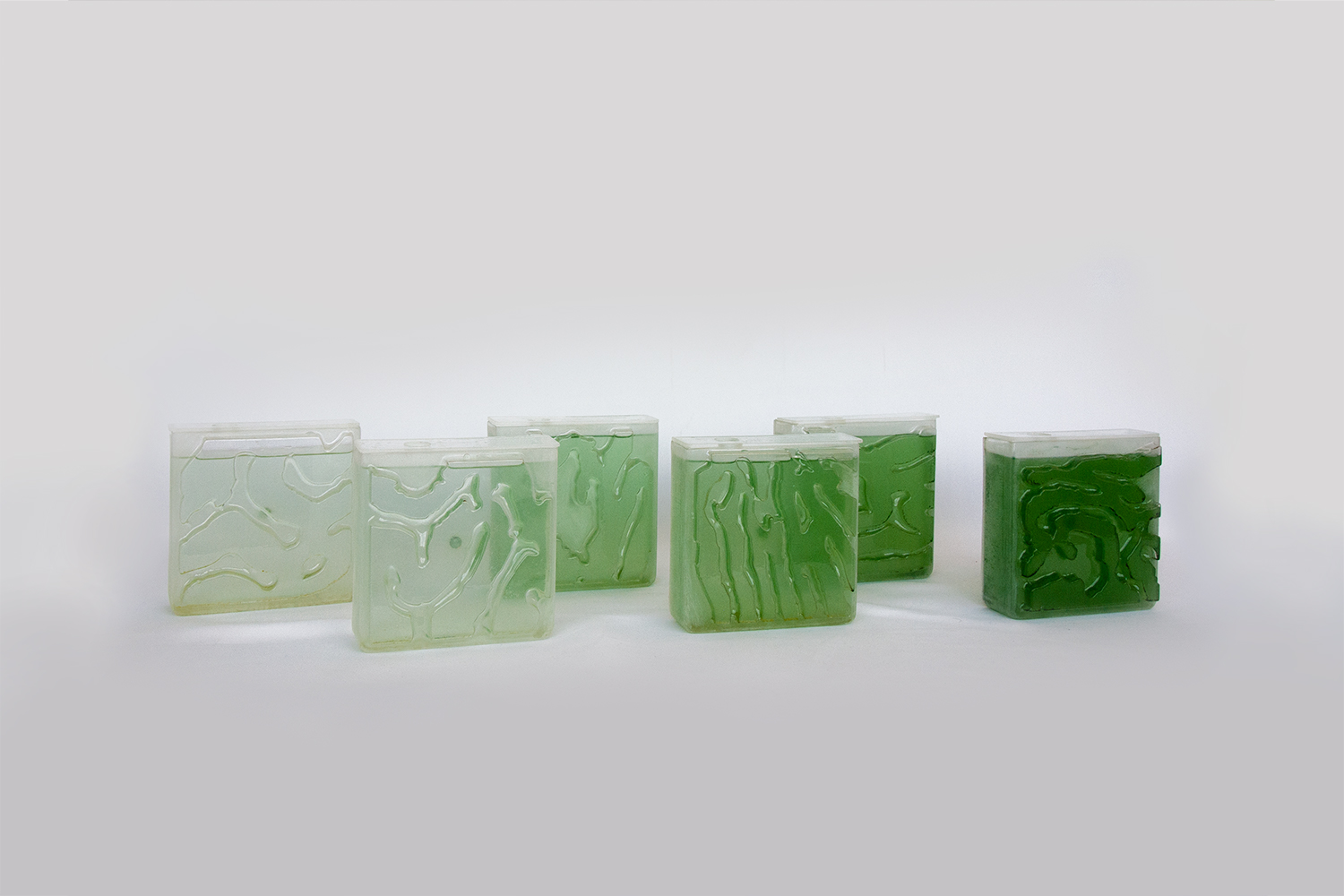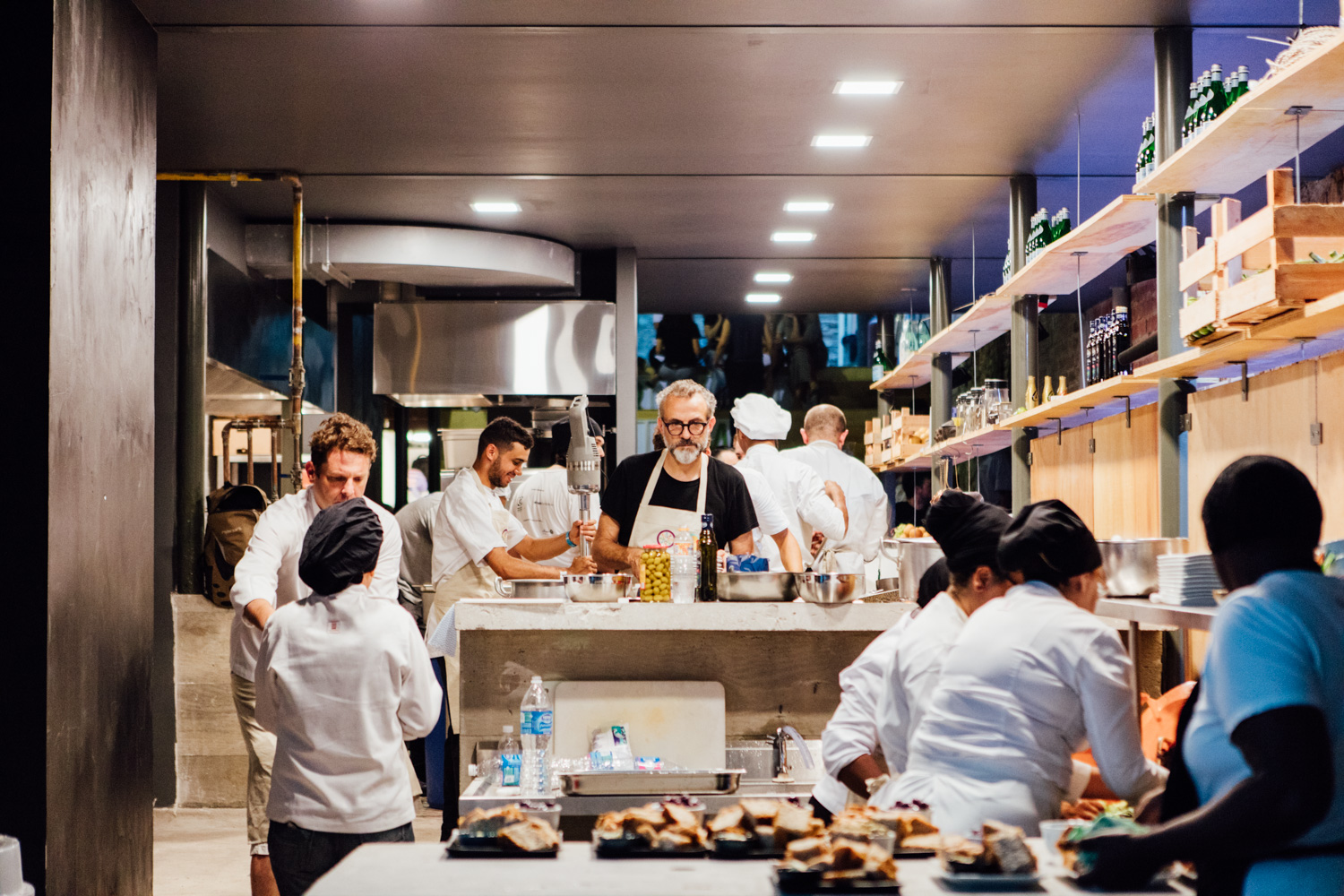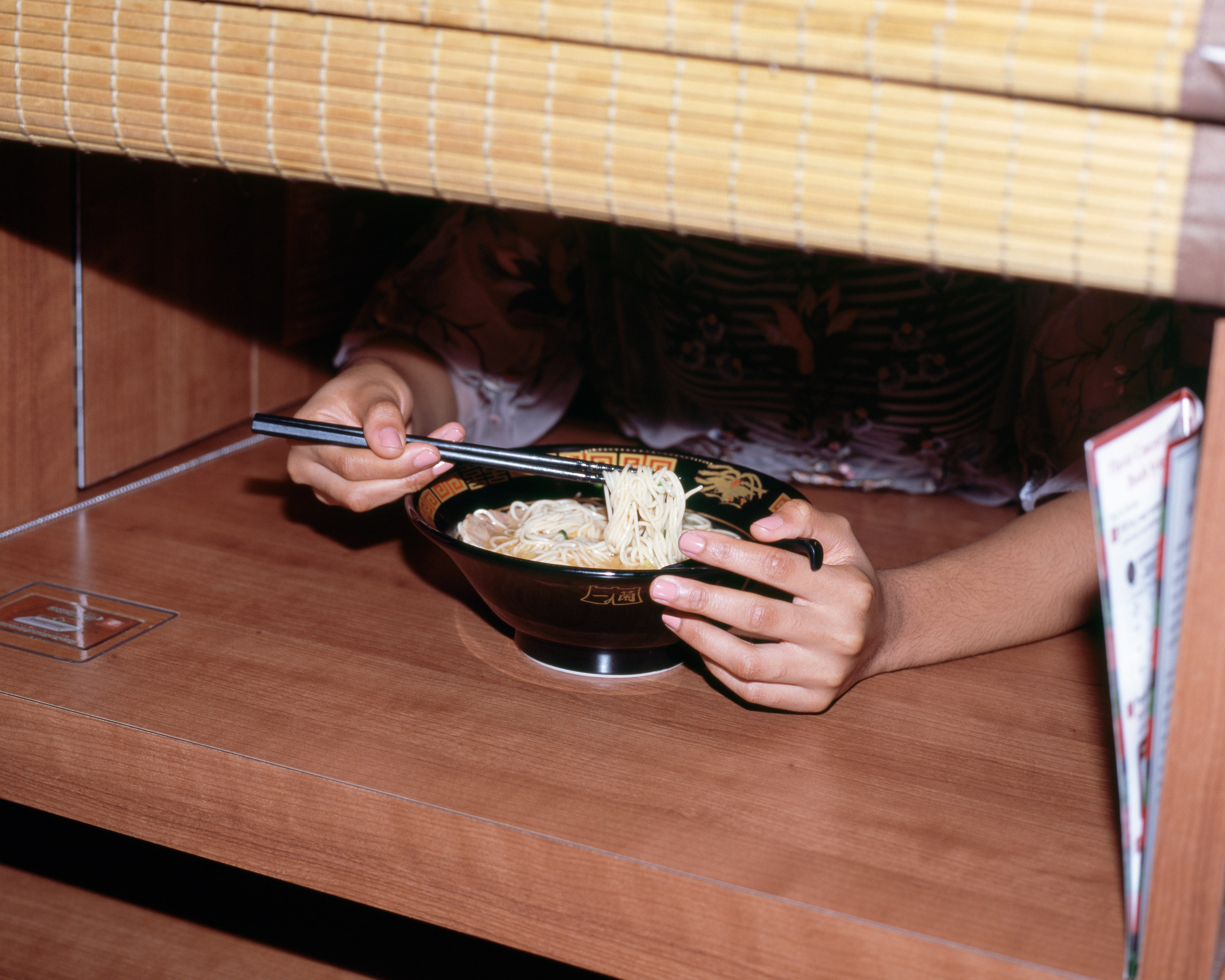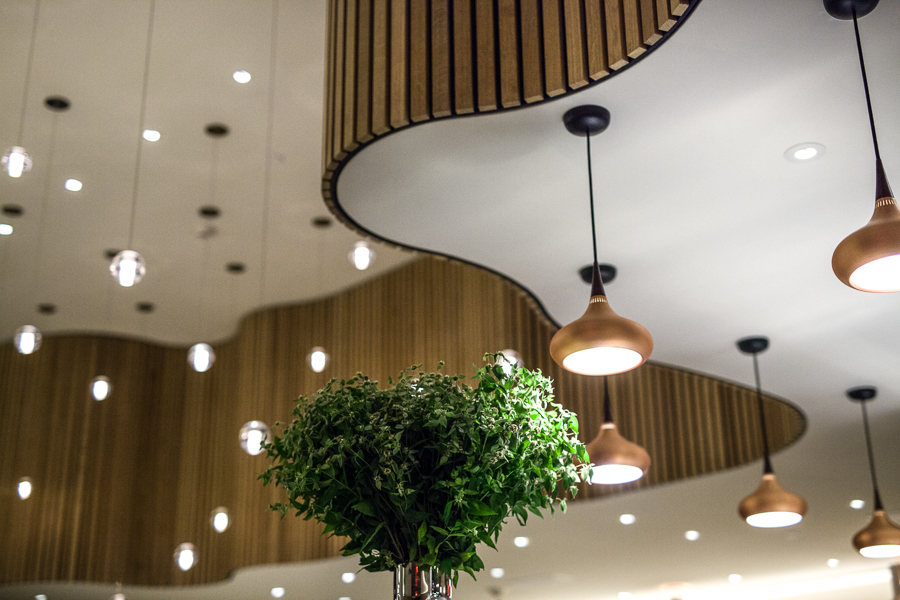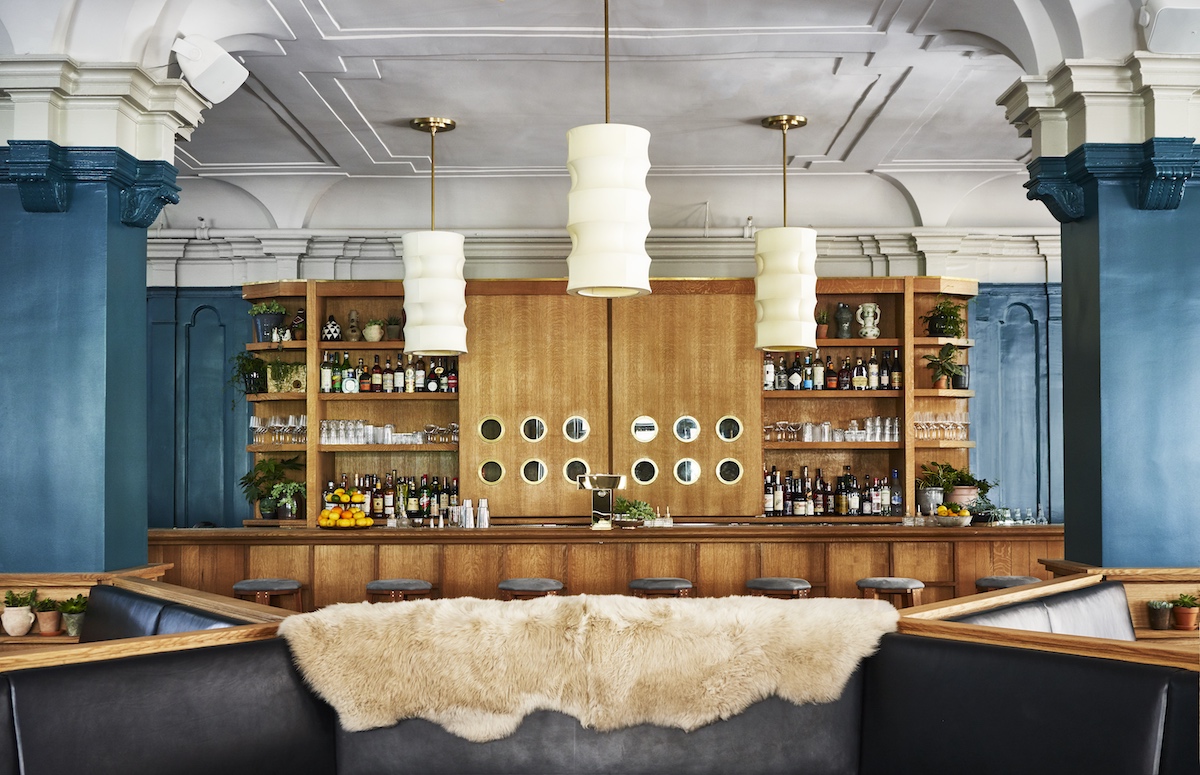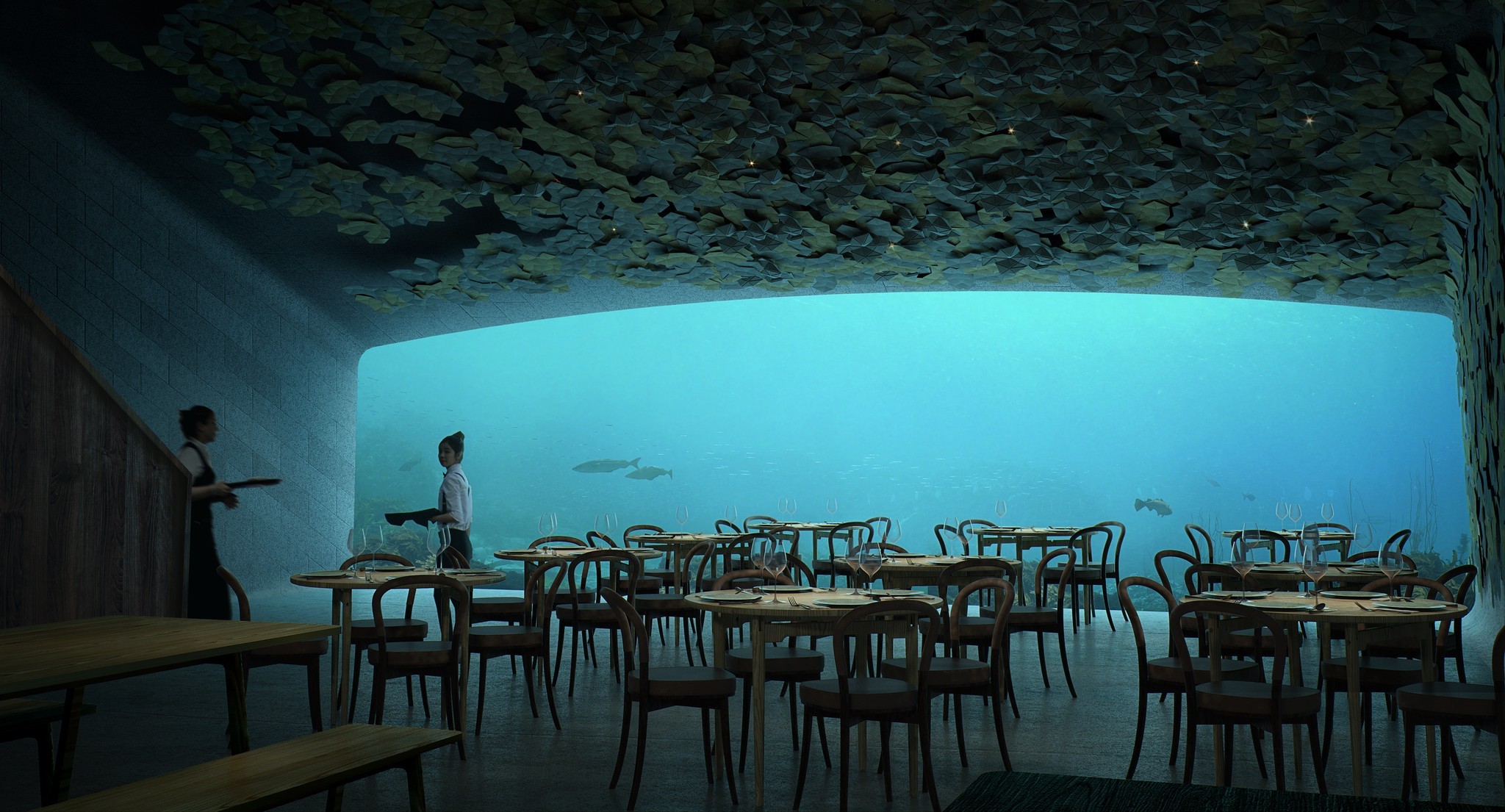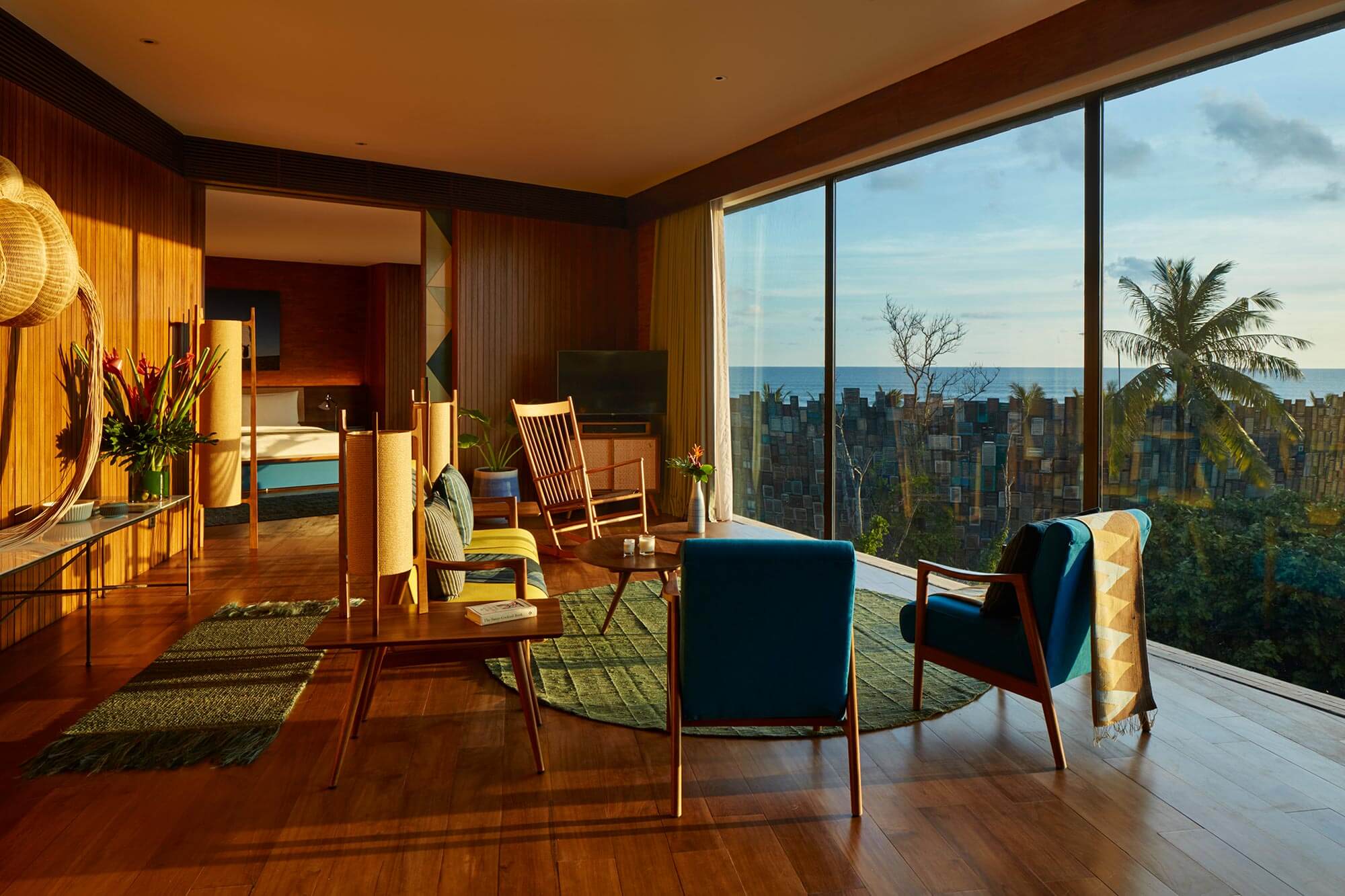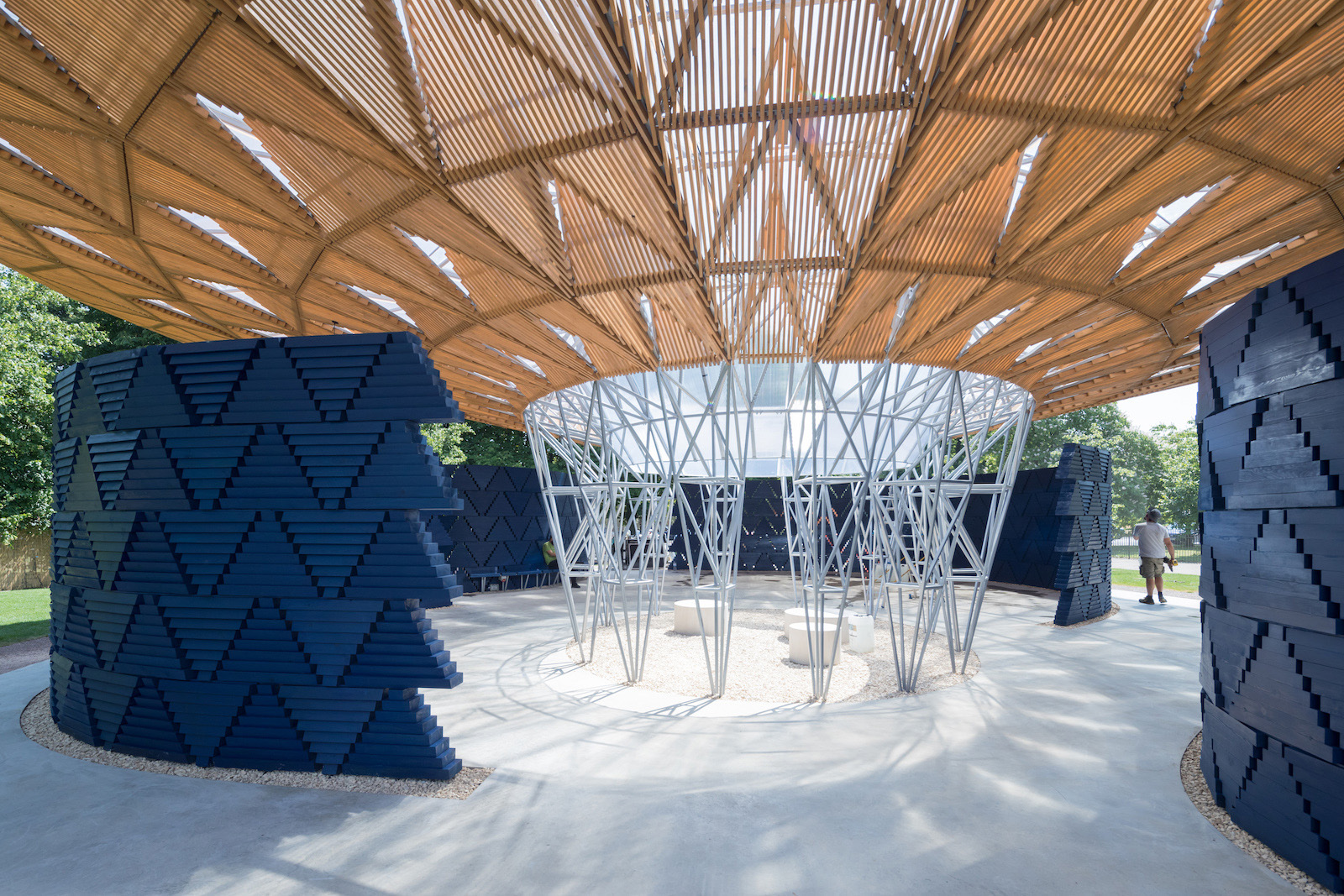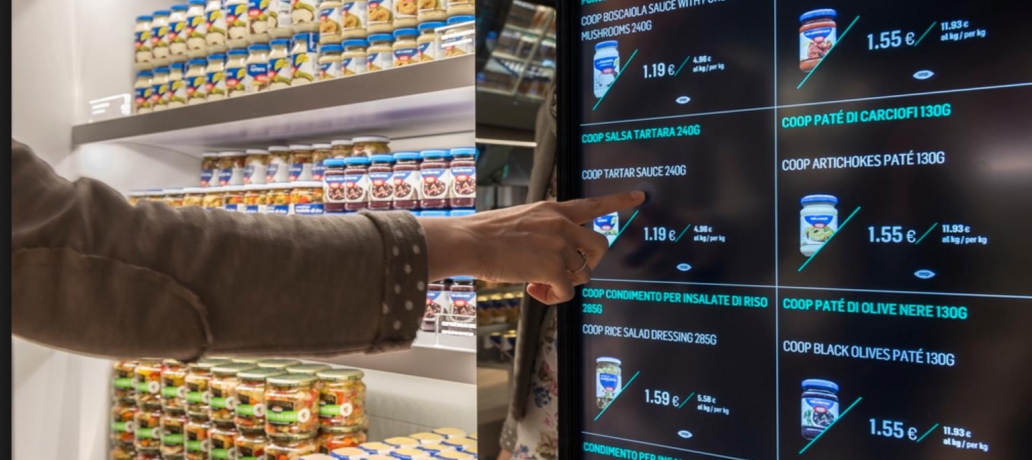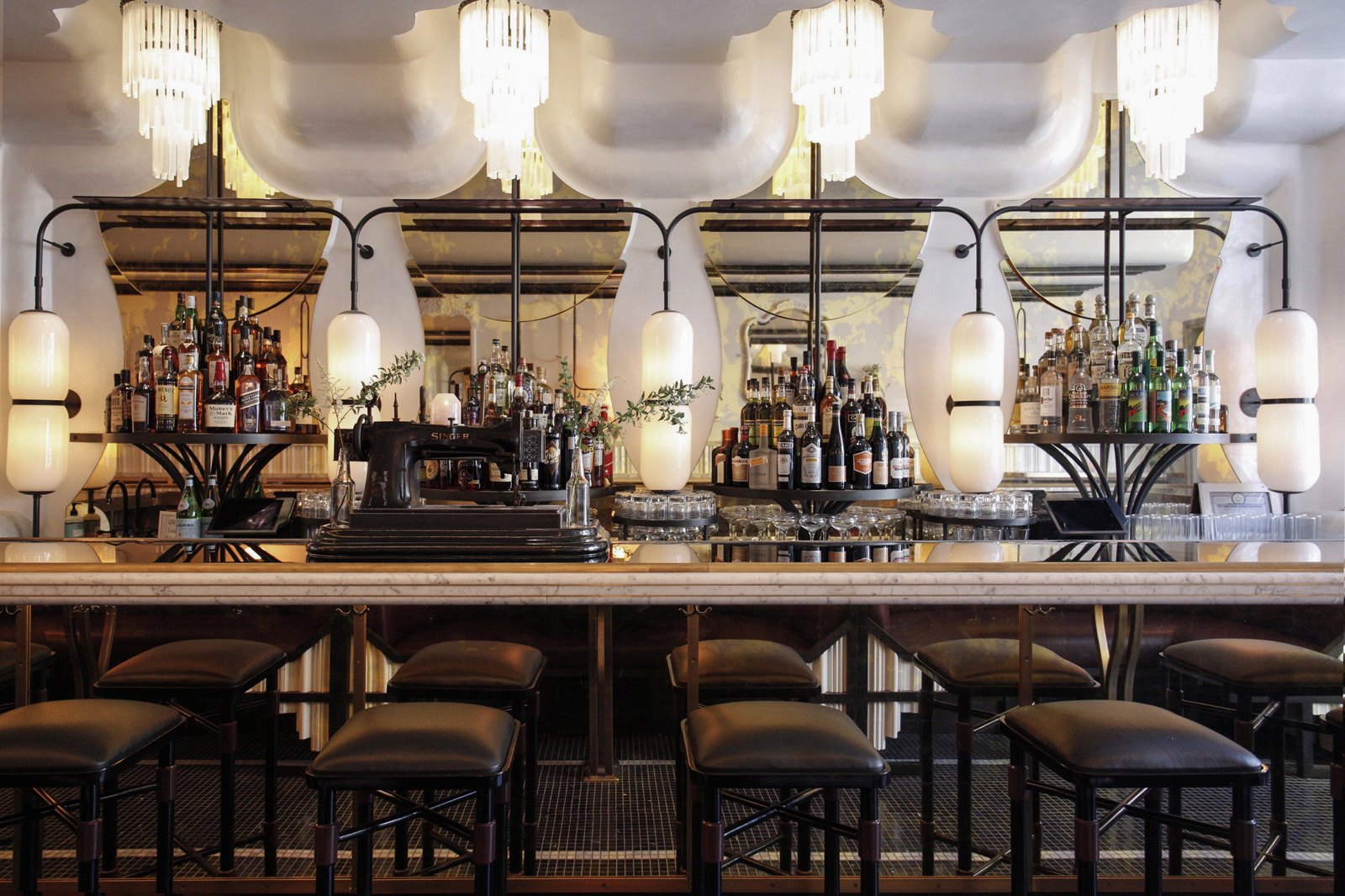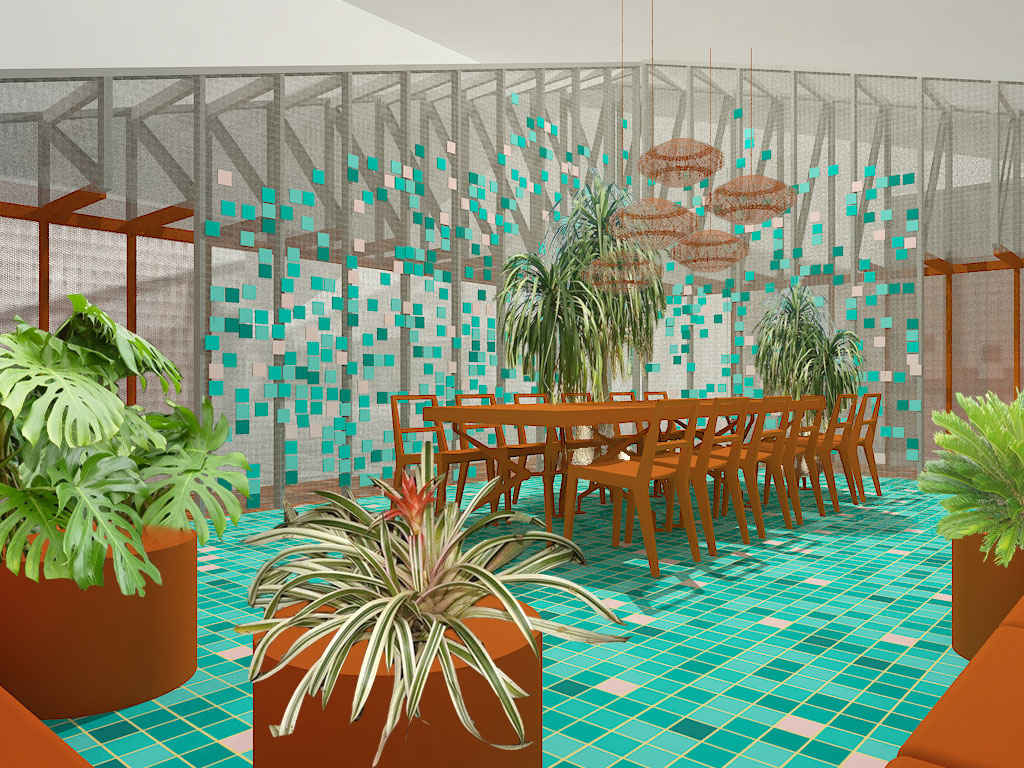Rise and shine! It’s 6:30 in the morning and I’m on the curb of 14th street, standing in front of an establishment I never expected to enter in such bright daylight—Baohaus. As I open the door to Eddie Huang’s bun emporium, it’s not the smell of Birdhaus fried chicken that greets me. Instead, it’s coffee.
I’m here today to set up shop with Bryan Hasho and Daniel Zettner, founders of Stand Coffee. The two operate out of a completely mobile and modular storefront to sell specialty coffee at the city’s favorite restaurant locations, opening doors at times when the restaurants are empty or closed. At Baohaus, their first outpost, Stand serves drip-brewed coffee from 7-11am, seven days a week.
Designing a restaurant within a restaurant is no easy feat. For one, it requires a considered interior layout that optimizes service without impeding available seating. Daniel, who has a background in engineering, builds each Stand backdrop to the unique dimensions and requirements of its location. The counter he sets up is completely modular: its shelves can be rearranged to provide additional counter space or seating. Each counter is also completely self-sufficient: Bryan and Daniel bring and store their own ingredients, appliances and water supply, and the location only needs to provide electricity.
Stand Coffee pop-up at last weekend’s Art on Paper show for Armory Week.
Branding, too, must be considered when nesting businesses. In order to balance this Matryoshka doll of identities, Bryan and Daniel choose to keep Stand quite minimal; they use a single logotype and an accent doodle of a walking coffee. As a result, Stand is partially defined by its “parent” location. When researching potential locations, Bryan says he looks for restaurants that provide “high quality stuff in a relaxed setting. There’s a high quality of ingredients and a talented level of culinary skill, but they’re evolving however they want to be doing it.”
Stand’s business model is itself an example of evolved design. “Our model is an obvious extension of the sharing economy,” Bryan says as he prepares the first cup of coffee, referenceing companies such as AirBnb and Breather that capitalize on unused space. “[Restaurants] pay rent 24 hours a day…their underutilized space needed a creative solution.” Stand pays participating restaurants a percentage of daily revenue, and host restaurants benefit from increased brand awareness, particularly amongst a new audience of coffee drinkers.
Stand Coffee has plans to expand its operation into other restaurants, a catering service, and even a central commissary. Until then, find them at the back corner of Baohaus (28 East 14th Street) from 7-11am, seven days a week.
